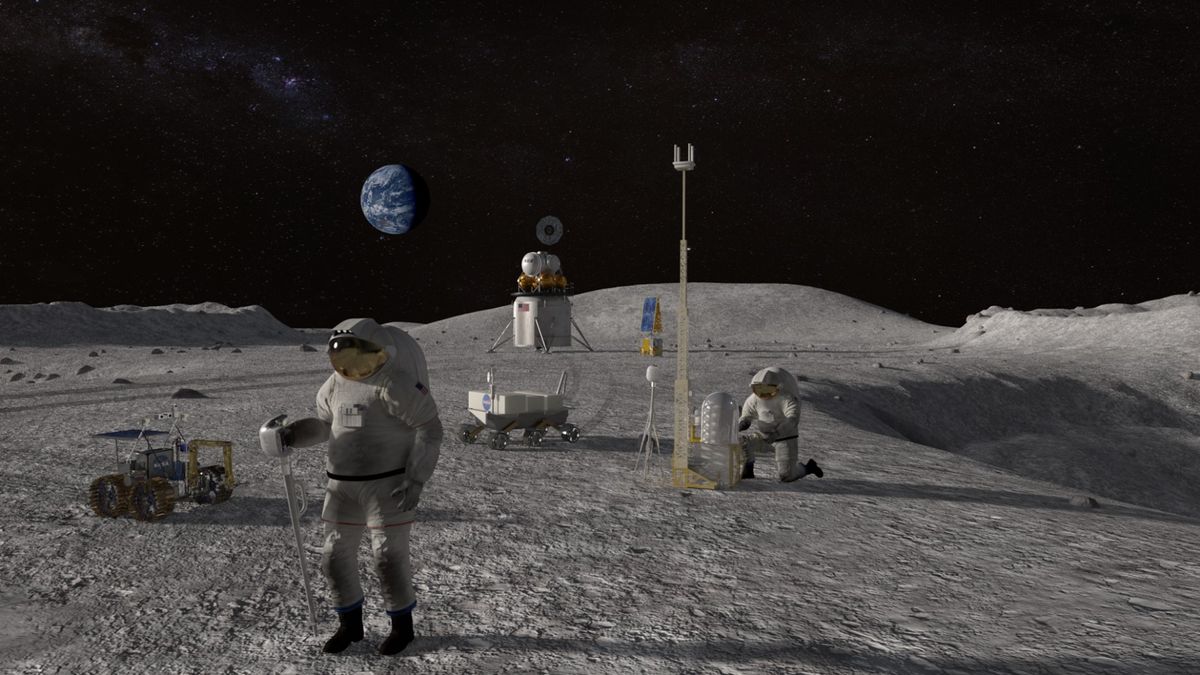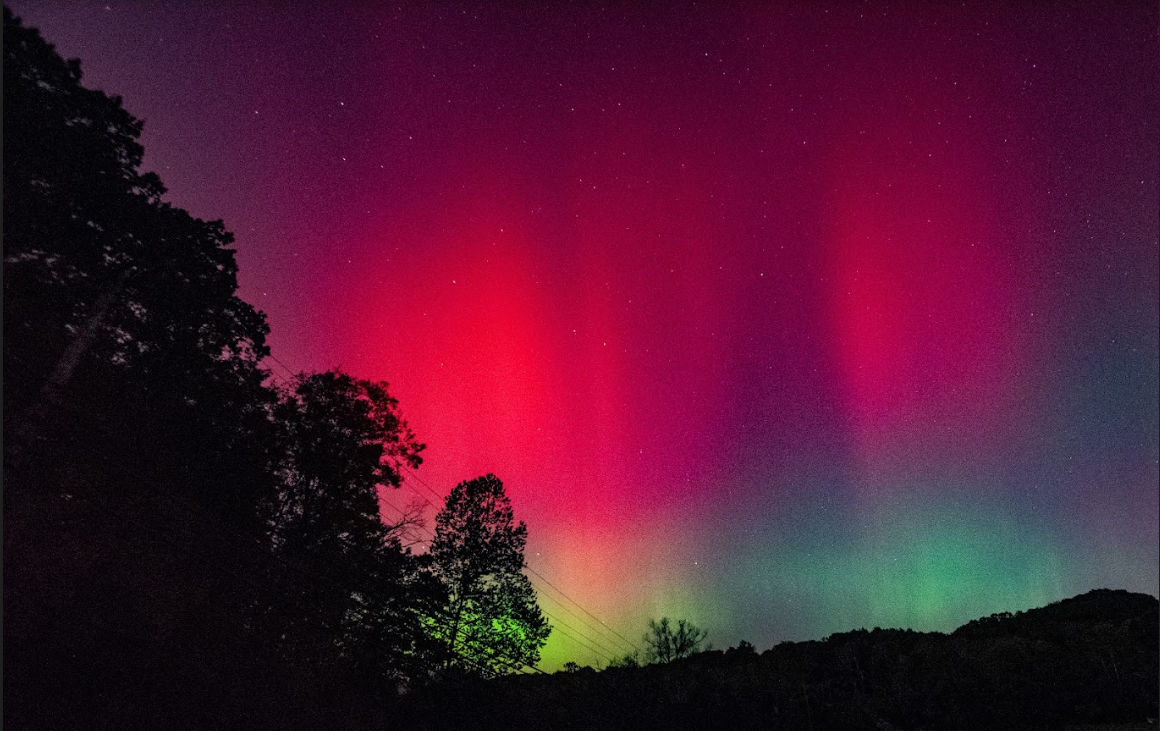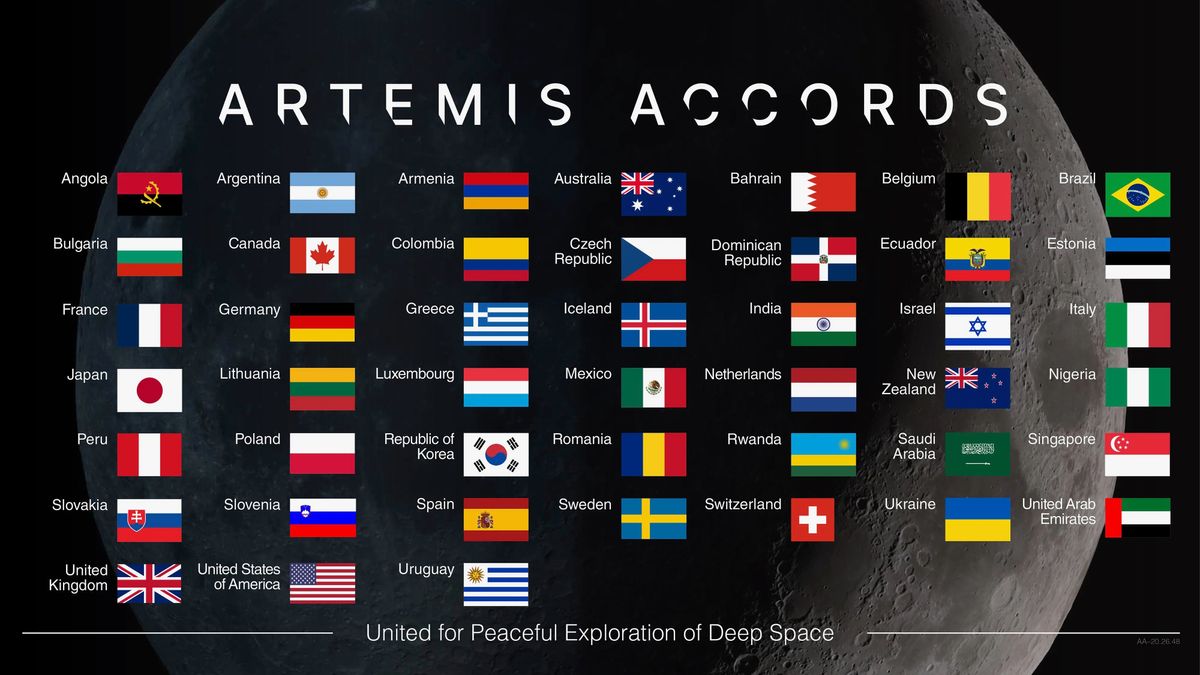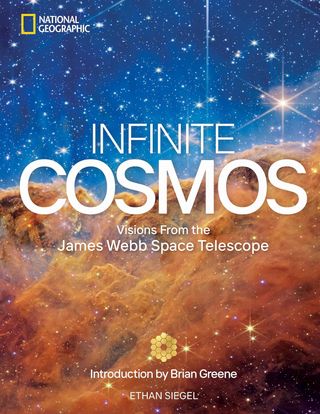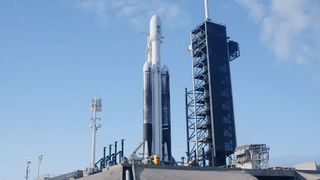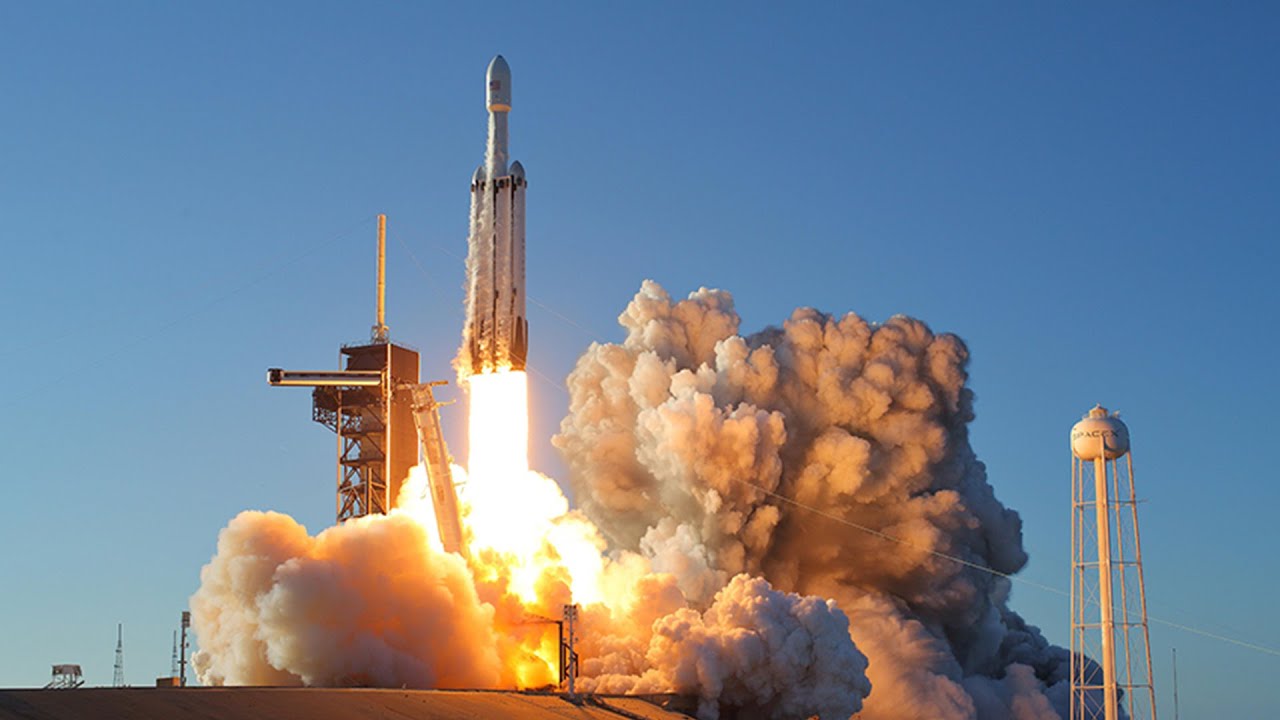MILAN — NASA and China will need to discuss exchanges of data and mission plans as the two sides move to build sustainable presences on the moon, according to the NASA administrator. NASA chief Bill Nelson met with the press at the 75th International Astronautical Congress (IAC) here on Tuesday (Oct. 15), addressing questions related to the agency’s Artemis program. Both NASA, with Artemis, and China, with its International Lunar Research Station (ILRS), are working to get astronauts to the moon and to build lunar infrastructure to support repeated and…
Read MoreCategory: Solar System
Our solar system
Solar Cycle 25 is still in max phase, so more aurora-boosting sun storms could be coming
You could get more opportunities to see supercharged auroras over the next few months, thanks to our very active sun. Solar activity waxes and wanes on an 11-year cycle. The current cycle, known as Solar Cycle 25, began in December 2019 and is still in its maximum phase, experts say. “Currently, we’re about two years into the maximum period, so we’re anticipating another year or so of maximum phase before we really enter the declining phase, which will lead us back to solar minimum,” Lisa Upton, co-chair of the Solar…
Read MoreNuclear rockets could travel to Mars in half the time − but designing the reactors that would power them isn’t easy
This article was originally published at The Conversation. The publication contributed the article to Space.com’s Expert Voices: Op-Ed & Insights. Dan Kotlyar is an Associate Professor of Nuclear and Radiological Engineering at the Georgia Institute of Technology. NASA plans to send crewed missions to Mars over the next decade – but the 140 million-mile (225 million-kilometer) journey to the red planet could take several months to years round trip. This relatively long transit time is a result of the use of traditional chemical rocket fuel. An alternative technology to the chemically propelled rockets…
Read MoreEstonia joins Artemis Accords as moon-exploration coalition agrees to continue outreach efforts
MILAN — The nations signed up to the Artemis Accords are looking to spread the word on common principles and best practices on exploring outer space. Estonia became the 45th country to sign up to the Accords just ahead of the International Astronautical Congress (IAC) here, which opened on Monday (Oct. 14). But engagement and enlargement efforts won’t stop there. The Artemis Accords — a set of statements that set out common principles, guidelines and best practices for exploration of the moon and beyond — had its third heads-of-agencies meeting…
Read More‘Predator: Hunting Grounds’ scores a striking makeover for PS5 and Xbox X/S
Rising production costs for A-list video game projects are entering the stratosphere these days, but one way for publishers to deliver new products without going bankrupt is to upscale older games with a modern makeover for next-gen consoles. While we’re still waiting to hear about the next entry in the “Predator” movie franchise, the most recent Predator video game — the four-year-old “Predator: Hunting Grounds — recently got the deluxe treatment with a shiny new update for modern consoles.” This revamped game entered into the sci-fi horror gaming sphere on…
Read MoreJames Webb Space Telescope takes center stage in ‘Infinite Cosmos’. Author Ethan Siegel explains it all (exclusive)
NASA’s James Webb Space Telescope (JWST) has been an astonishing piece of technology for the advancement of humankind’s understanding of the universe, and the source of awe-inspiring images of black holes, galaxies, and nebulae it’s returned to scientists and astronomers since it was deployed into a solar orbit back in 2022. “Infinite Cosmos: Visions From the James Webb Space Telescope” is a 224-page hardback published Oct. 8, 2024 from National Geographic that breaks down the history of this remarkable $10 billion observatory platform from conception to deployment, and reveals the…
Read MoreHTC threw us into the Squid Games to preview their new VR headset — the Vive Focus Vision
It’s fair to say that virtual reality has transitioned from a flashy wonder technology of the future into something that we’re just kind of used to. New VR headsets are constantly trickling out, and while some of them cause a big splash because of their outrageous price tag (looking at you Apple Vision Pro), they’ve still yet to truly deliver on the space-age promise of the technology that will help it smash through into the mainstream. Now HTC is here with their latest VR headset — the HTC Vive Focus…
Read MoreNASA’s Europa Clipper mission to Jupiter: Live updates
2024-10-14T03:32:07.823Z Europa Clipper “GO” for launch A triple booster SpaceX Falcon Heavy rocket carrying NASA’s Europa Clipper spacecraft on the launch pad. (Image credit: SpaceX/NASA/JPL) NASA and SpaceX are both “GO” to launch the Europa Clipper spacecraft toward Jupiter’s moon Europa on Monday, Oct. 14, 2024 after days of delays caused by the impacts of Hurricane Milton on its Florida launch site. Europa Clipper, a $5 billion flagship mission to an icy moon of Jupiter, is currently scheduled to lift off at 12:06 p.m. EDT (1606 GMT) from NASA’s Kennedy…
Read MoreWhat time will SpaceX launch NASA’s Europa Clipper to icy Jupiter moon today (and how to watch online)?
Watch live! SpaceX Falcon Heavy to launch NASA’s Europa Clipper – YouTube Watch On NASA’s first mission to another ocean world in our solar system will launch toward Jupiter on Monday (Oct. 14), but if you want to watch it live, you’ll need to know when to tune in. Europa Clipper, a $5 billion NASA mission to study the salty ocean beneath the ice of Jupiter’s moon Europa, will launch on its way Monday atop a SpaceX Falcon Heavy rocket. Liftoff is set for 12:06 p.m. EDT (1606 GMT) from…
Read MoreSpaceX catches giant Starship booster with ‘Chopsticks’ on historic Flight 5 rocket launch and landing (video)
The biggest and most powerful rocket ever built took to the skies again. And this time, it came back. SpaceX launched its 400-foot-tall (122 meters) Starship vehicle for the fifth time ever today (Oct. 13), sending the giant rocket aloft from its Starbase site in South Texas at 8:25 am. EDT (1225 GMT; 7:25 a.m. local Texas time). The mission aimed to break new ground for Starship, and for spaceflight in general: SpaceX planned to return Starship’s huge first-stage booster, known as Super Heavy, directly to its launch mount, catching…
Read More